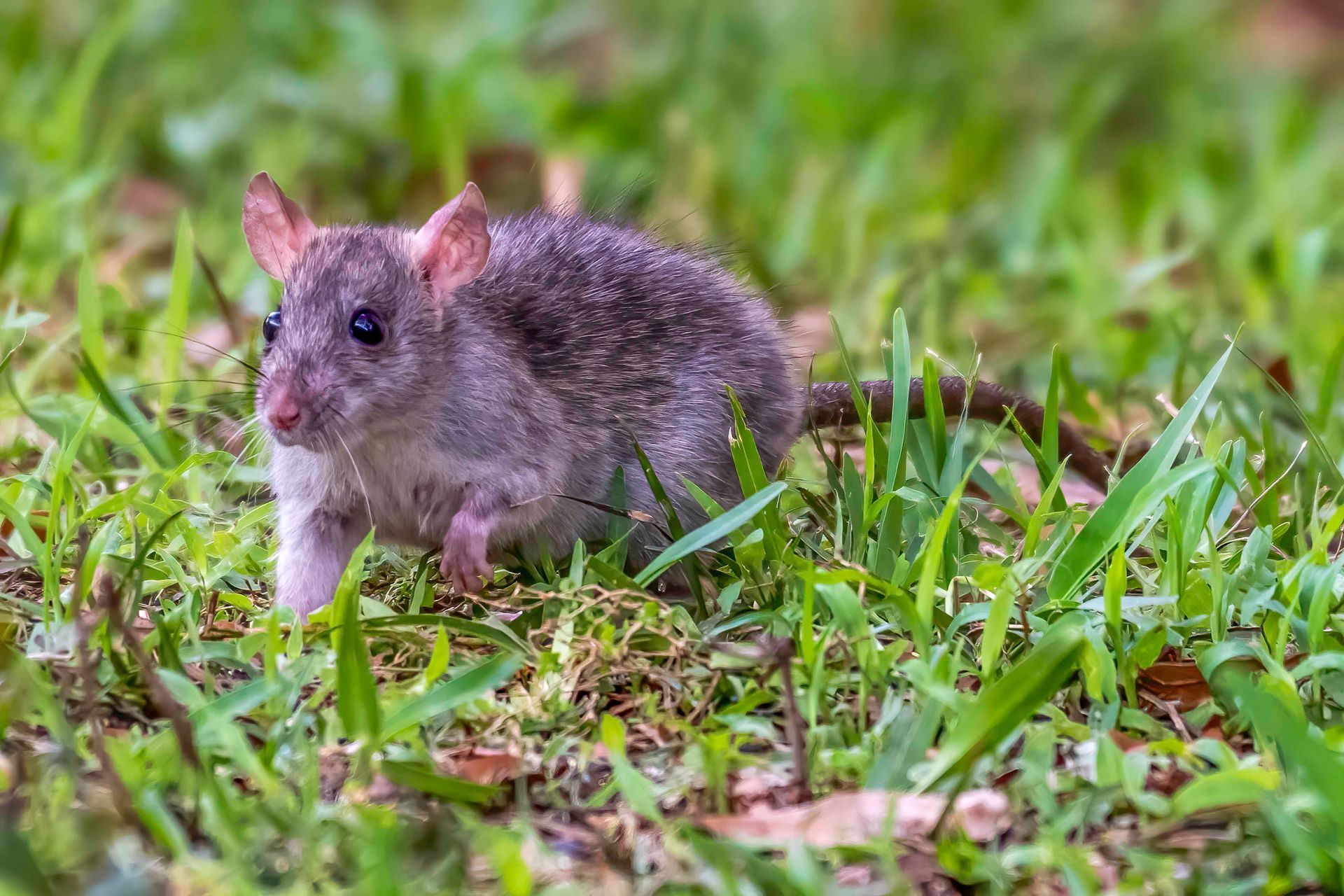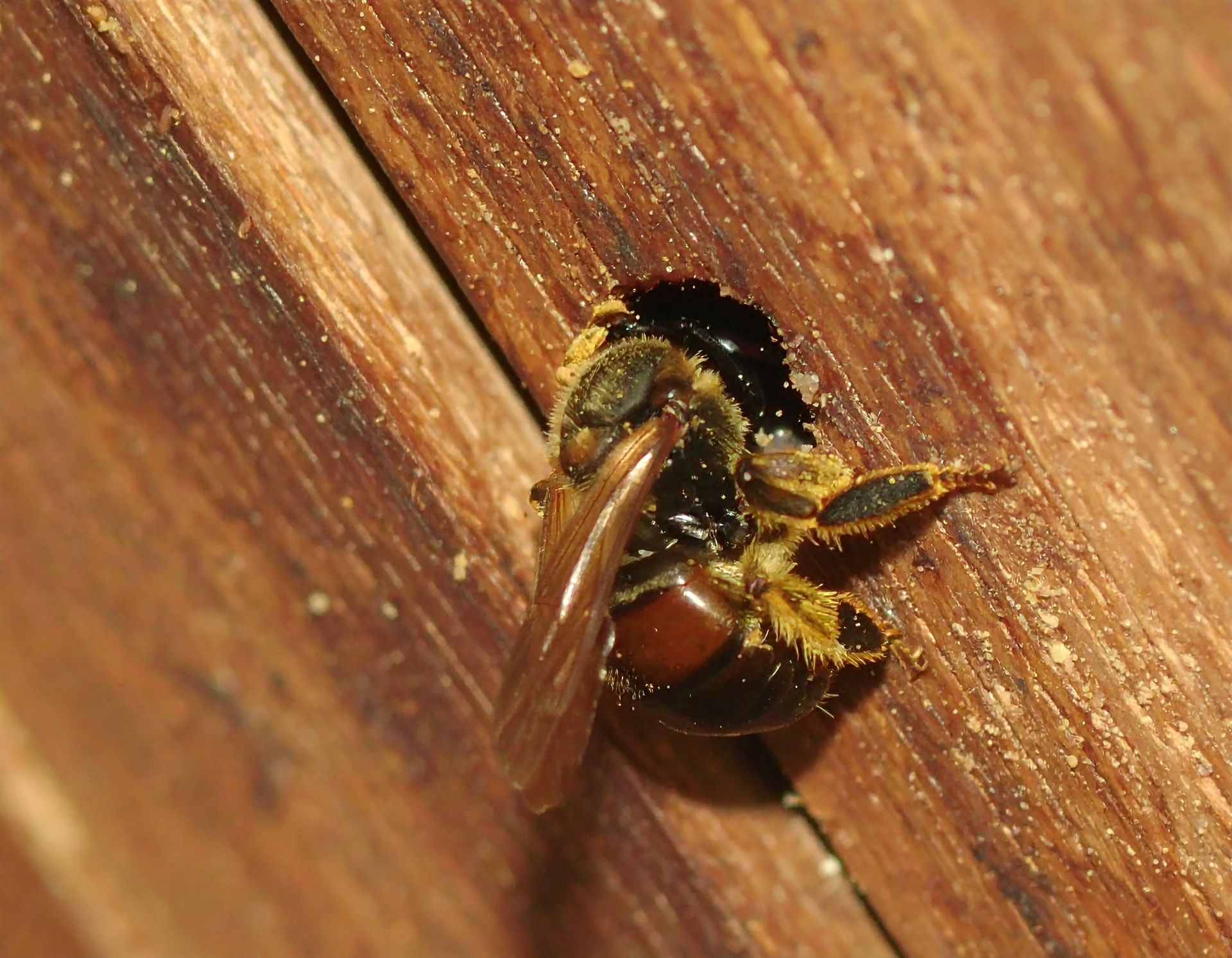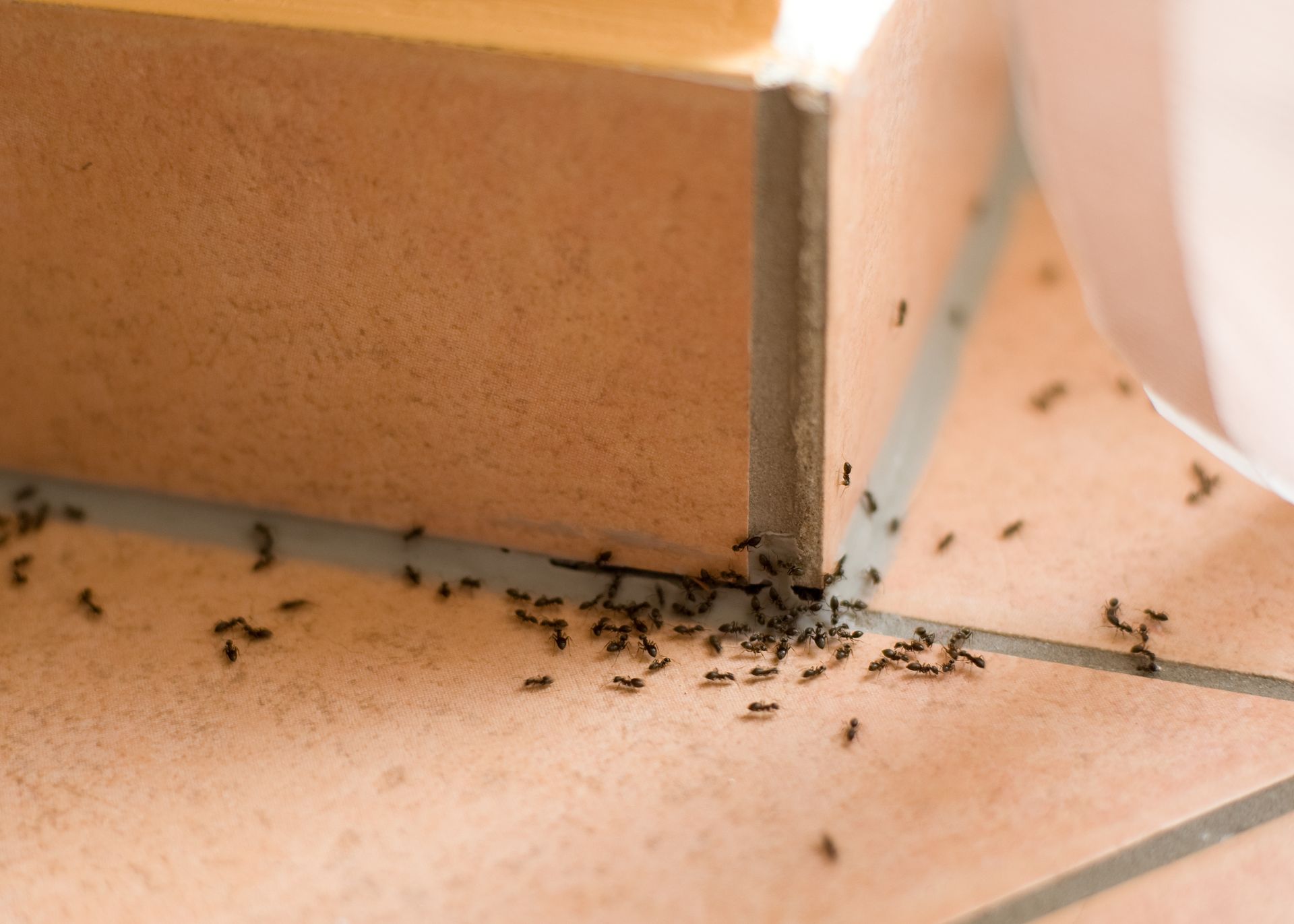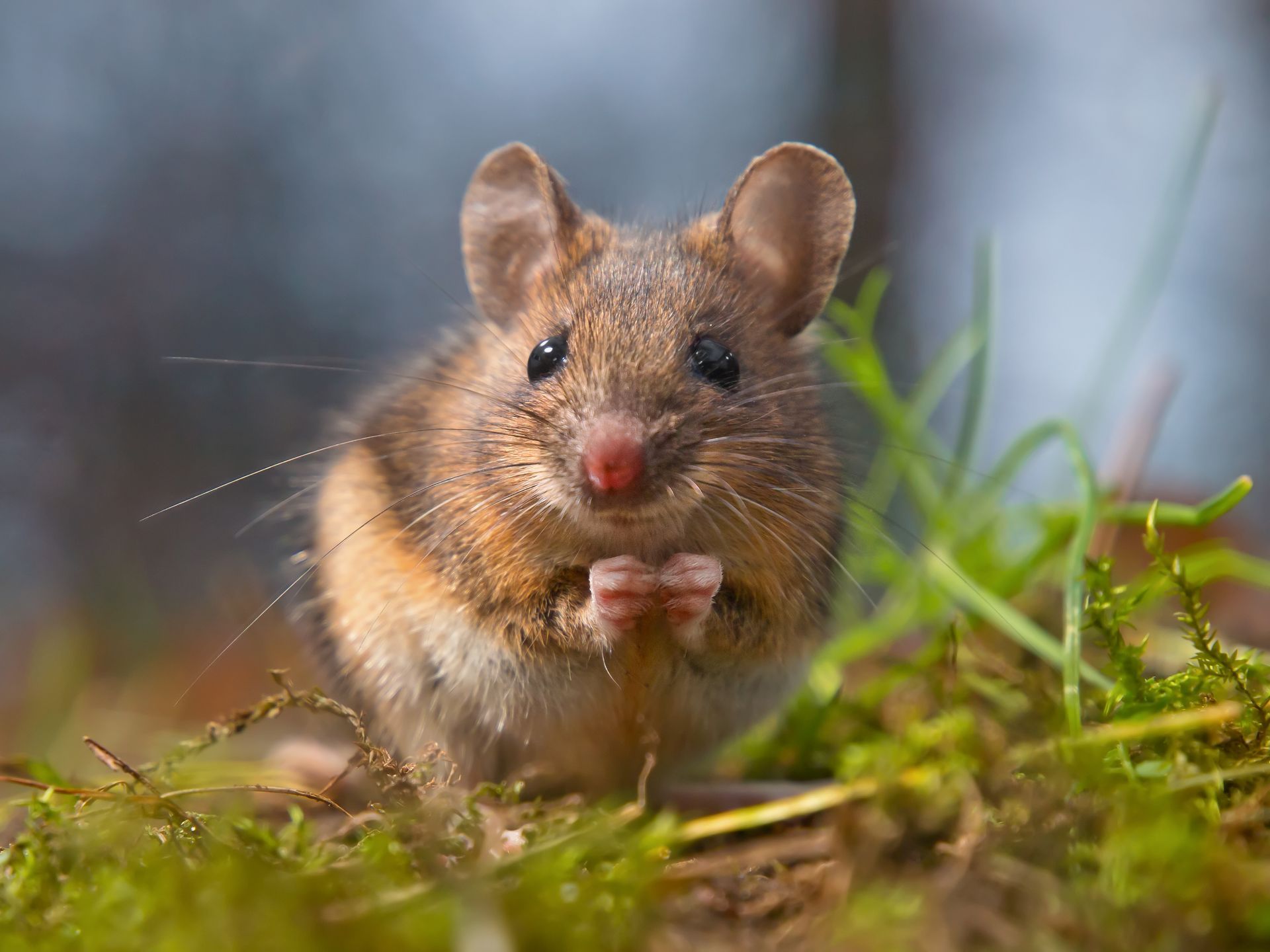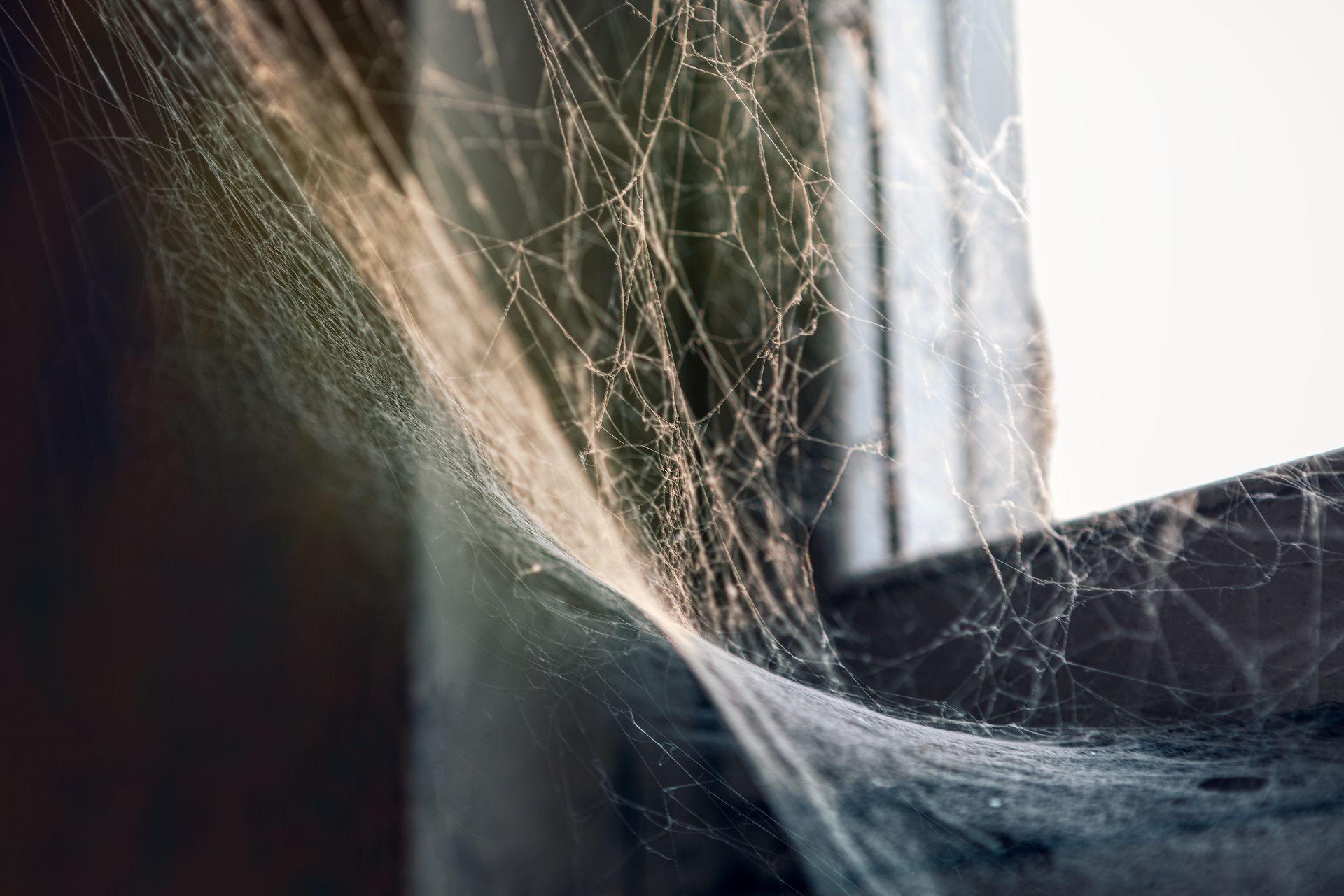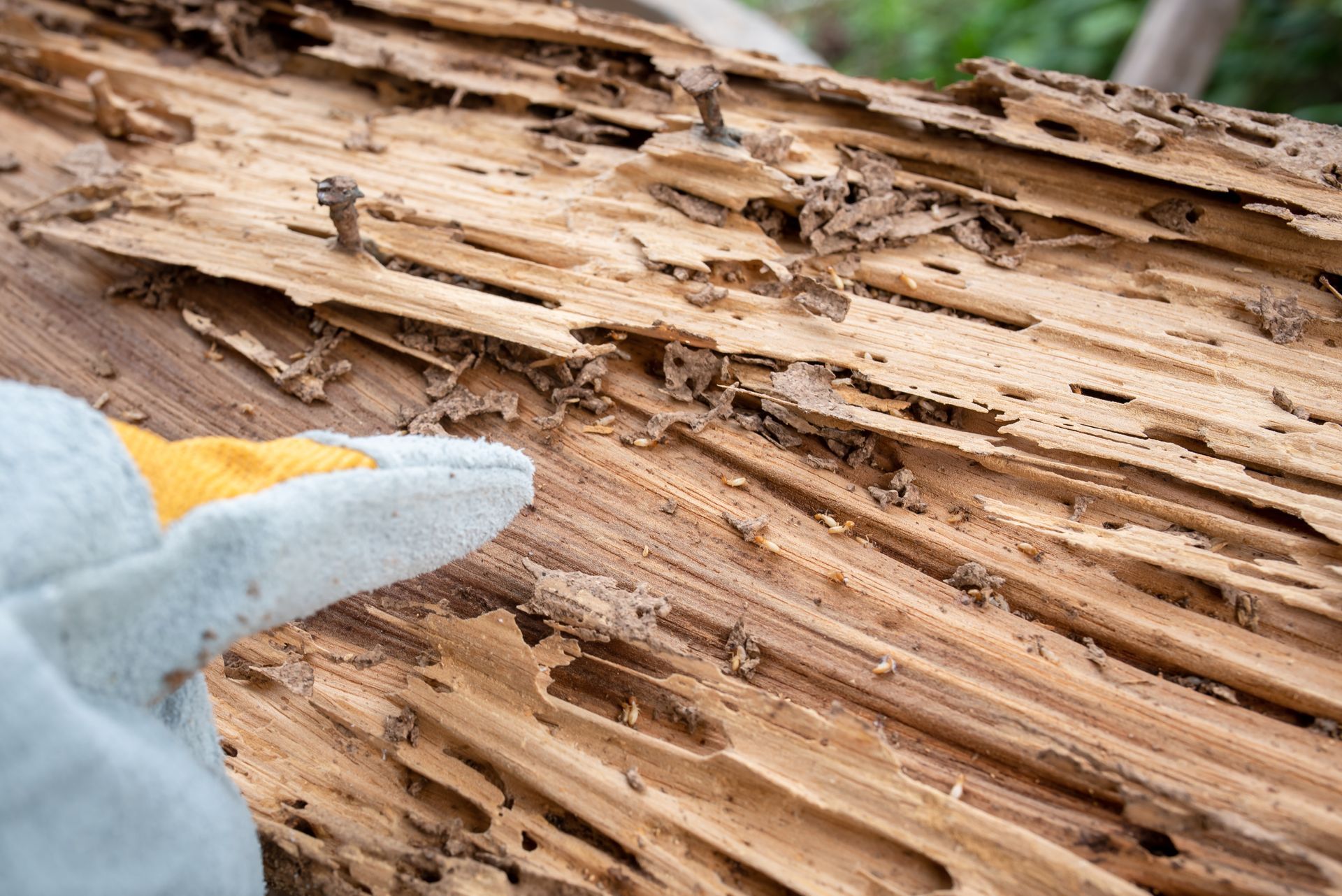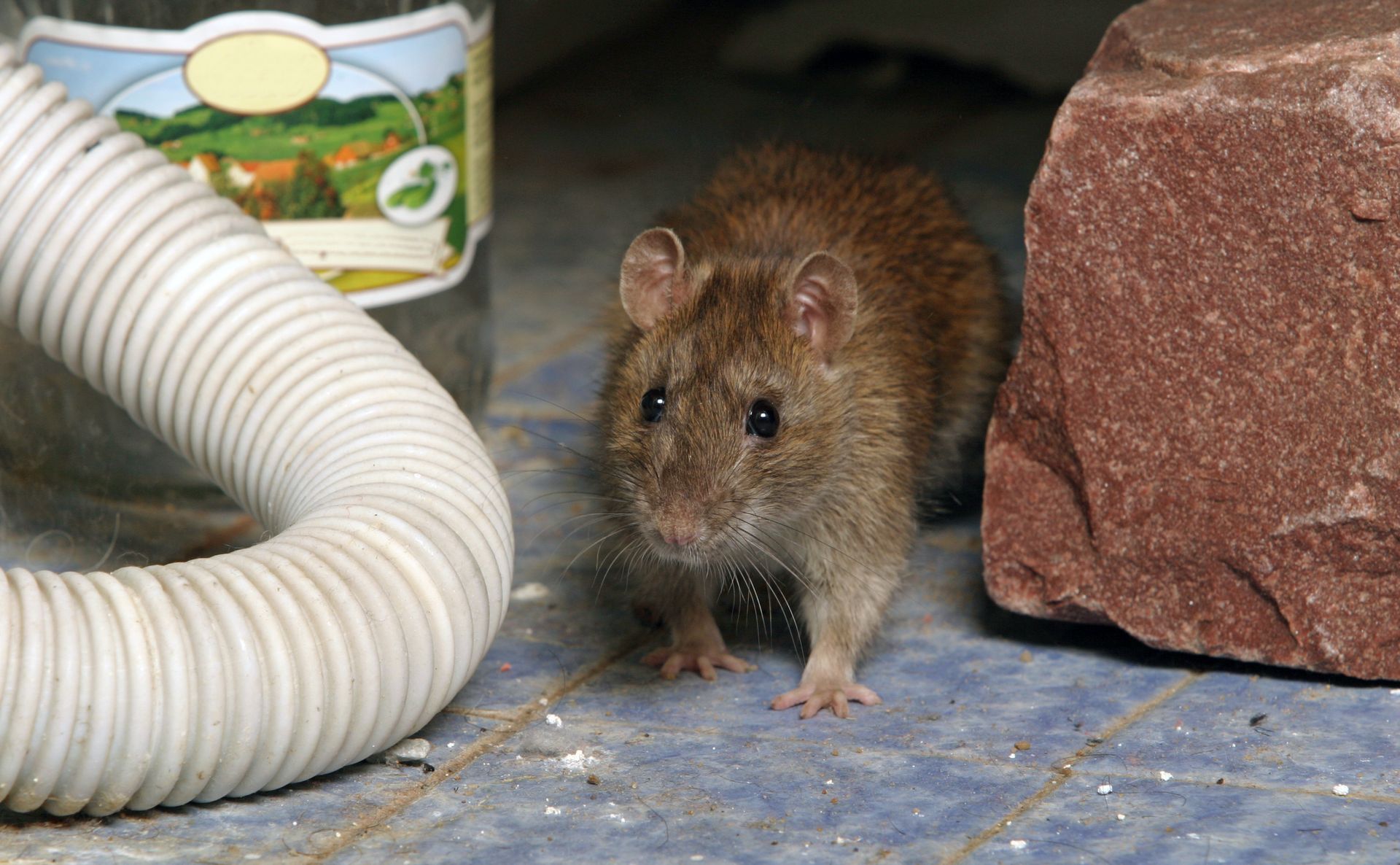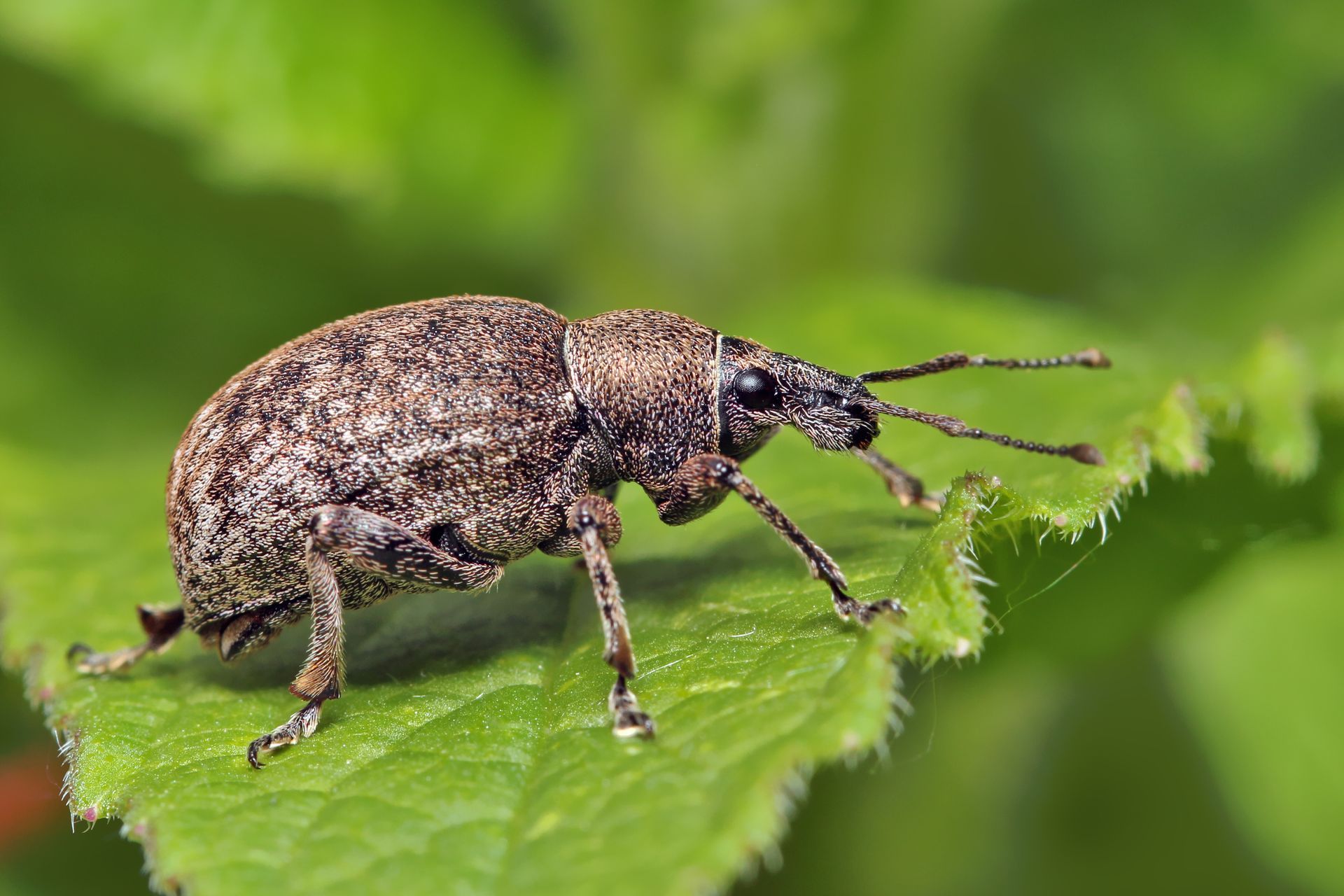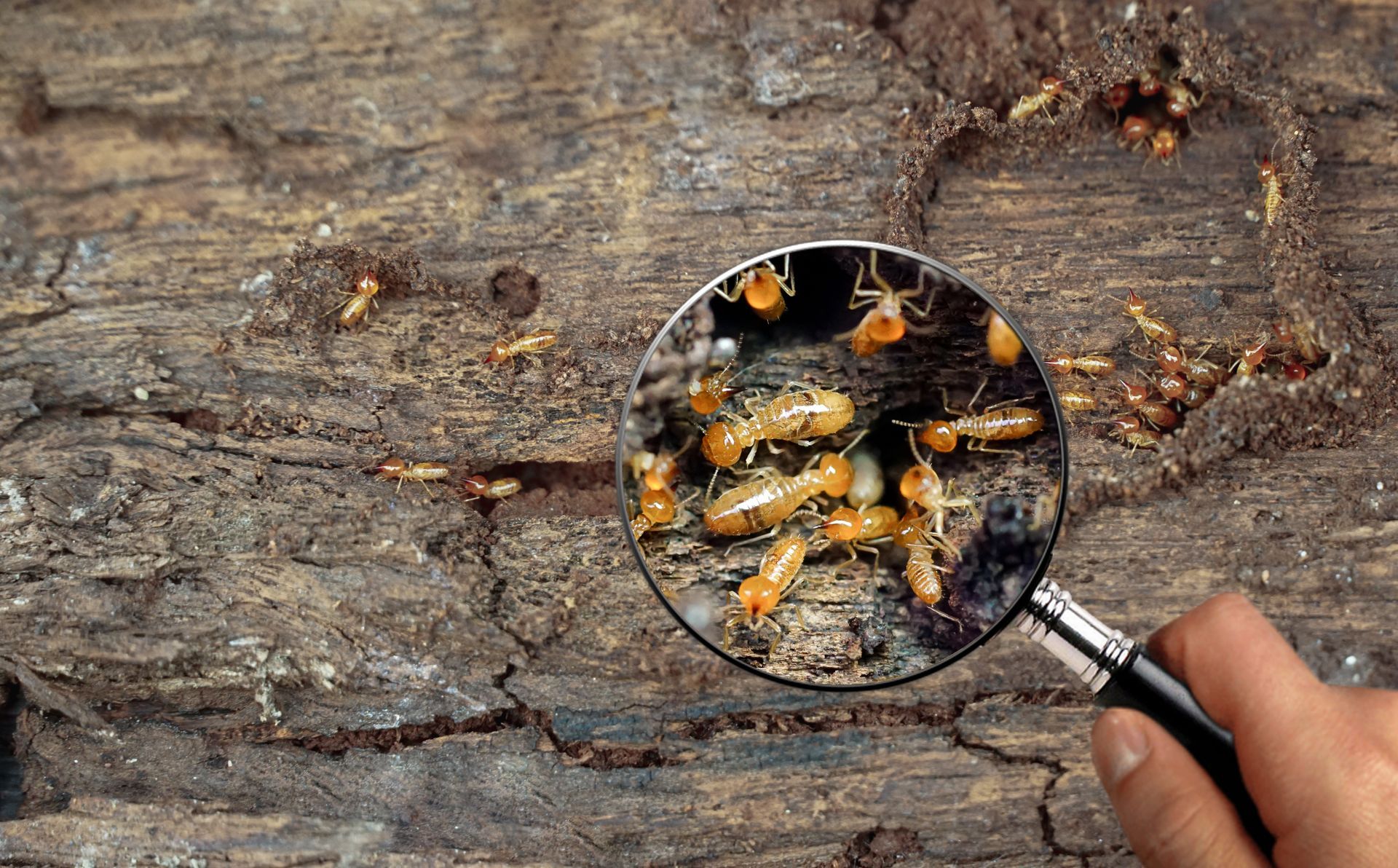Plants and Herbs That Mosquitoes Hate
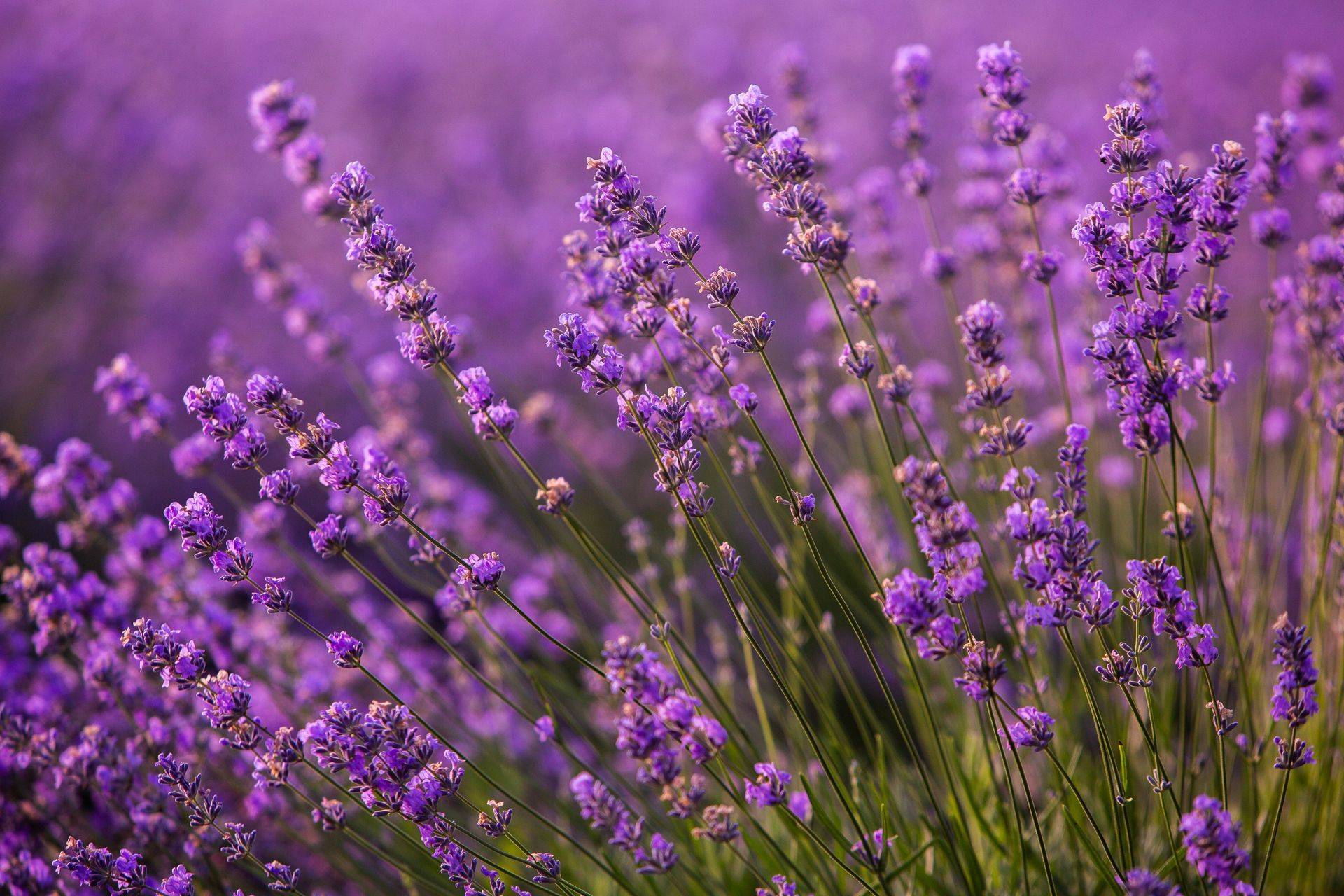
Mosquitoes are not only an irritating nuisance but also a significant health threat in many regions due to their ability to transmit diseases such as West Nile virus, dengue, Zika virus, and malaria. Although chemical repellents and professional pest control services remain essential in many situations, incorporating certain plants and herbs into your landscape can act as a supplementary measure to discourage mosquito activity around your property. This approach is often referred to as "natural mosquito control" and is growing in popularity among homeowners, landscapers, and eco-conscious individuals. Killo Exterminating Co., Inc. is committed to helping clients maintain safer, more comfortable environments through integrated pest management strategies.
Understanding Mosquito Behavior
Before examining the specific plants and herbs, it is helpful to understand why certain vegetation has a repellent effect on mosquitoes. Mosquitoes are attracted to carbon dioxide, body heat, sweat, and body odors. However, they are also highly sensitive to scents released by certain plants and essential oils. These scents can interfere with a mosquito’s ability to locate a host, effectively acting as a natural deterrent.
While planting mosquito-repellent vegetation alone will not eliminate mosquitoes entirely, it can be a valuable component in a multi-layered approach to mosquito control. When combined with proper yard maintenance, water management, and professional pest control services, the following plants and herbs can contribute to a more mosquito-resistant outdoor space.
1. Citronella Grass (Cymbopogon nardus)
Citronella is perhaps the most well-known plant associated with mosquito control. The oil extracted from citronella grass is widely used in candles, sprays, and lotions as a natural repellent. Citronella emits a strong lemon-like scent that masks mosquito attractants.
Citronella grass is a tall, clumping plant that grows well in warm climates and sunny locations. It requires well-drained soil and can be planted in containers or directly in garden beds. While the plant itself has repellent qualities, crushing the leaves releases more of the active oils, making it even more effective in deterring mosquitoes.
2. Lavender (Lavandula spp.)
Lavender is a fragrant herb that not only adds beauty to gardens but also repels mosquitoes. The floral scent, pleasant to humans, is unattractive to mosquitoes and other insects. Lavender contains compounds such as linalool and eucalyptol, which interfere with mosquito olfactory receptors.
This drought-tolerant plant thrives in sunny, dry conditions and well-drained soil. It can be grown in the ground or in pots and requires minimal maintenance. In addition to its mosquito-repellent properties, lavender is known to deter moths, fleas, and flies, making it a versatile addition to any garden.
3. Marigolds (Tagetes spp.)
Marigolds are bright, cheerful flowers commonly used in ornamental gardening. These plants produce pyrethrum, a compound also found in many commercial insect repellents. The strong, pungent aroma of marigolds acts as a natural mosquito deterrent.
Marigolds are easy to grow from seed and thrive in sunny areas. They can be used as border plants or placed in containers near entrances, patios, and outdoor seating areas. In addition to repelling mosquitoes, marigolds are known to deter aphids, whiteflies, and other garden pests.
4. Basil (Ocimum basilicum)
Basil is not only a culinary staple but also a natural insect repellent. The strong scent of basil leaves, especially varieties like lemon basil and cinnamon basil, repels mosquitoes effectively. The plant contains essential oils such as estragole, citronellal, and eugenol, which are known for their repellent properties.
Basil grows well in sunny environments with moist, well-drained soil. It can be planted in herb gardens, flower beds, or containers. For best results, keep the plant close to seating or cooking areas outdoors, where mosquitoes are likely to gather.
5. Peppermint (Mentha piperita)
Peppermint has a refreshing scent and contains high levels of menthol, which is unpleasant to mosquitoes. The essential oil extracted from peppermint can be used as a natural topical repellent, while the plant itself helps discourage mosquitoes from frequenting areas where it is grown.
Mint spreads rapidly and is best grown in containers to prevent it from overtaking other plants. It prefers partial shade to full sun and moist soil. In addition to mosquitoes, peppermint repels ants and spiders, offering broader pest control benefits.
6. Rosemary (Rosmarinus officinalis)
Rosemary is another aromatic herb commonly used in cooking and ornamental gardening. The strong scent of its needle-like leaves repels mosquitoes and other insects, particularly cabbage moths and carrot flies. The plant contains several compounds such as camphor and 1,8-cineole, which contribute to its mosquito-repellent properties.
This evergreen shrub thrives in warm climates and well-drained soil. It prefers full sunlight and can be grown in garden beds or pots. When burned as part of a fire pit or grill, rosemary can release additional aromatic oils into the air, enhancing its repellent effect.
7. Lemon Balm (Melissa officinalis)
Lemon balm belongs to the mint family and emits a strong citrus scent that mosquitoes dislike. The plant contains citronellal and geranial, both known for their insect-repelling characteristics. Lemon balm is easy to grow and is often used in herbal teas and remedies.
Like peppermint, lemon balm can spread aggressively, so it is typically grown in containers. It thrives in partial shade and moist, well-drained soil. Crushed leaves can be rubbed on the skin as a natural repellent, although individuals with sensitive skin should perform a patch test first.
8. Catnip (Nepeta cataria)
Catnip is a member of the mint family and is well known for its intoxicating effect on cats. However, it also contains nepetalactone, a compound that is highly effective in repelling mosquitoes. Studies have shown that catnip oil can be more effective than DEET in certain concentrations.
Catnip grows well in a variety of soil conditions and can tolerate both full sun and partial shade. It is an ideal choice for borders, raised beds, or container gardens. While it can attract cats to your yard, its mosquito-repelling benefits make it a valuable addition to any natural pest control plan.
9. Geraniums (Pelargonium spp.)
Scented geraniums, particularly those with a lemon fragrance, are effective in deterring mosquitoes. The oil produced by the leaves mimics citronella and other strong scents that disrupt mosquito receptors.
These colorful flowering plants grow best in sunny areas and well-drained soil. They can be cultivated in window boxes, hanging baskets, or garden beds. Regular pruning encourages healthy growth and increases the concentration of aromatic oils.
10. Eucalyptus (Eucalyptus spp.)
Eucalyptus trees and shrubs produce oil that contains compounds such as eucalyptol and citronellal. These natural chemicals are widely used in insect repellents and have been shown to reduce mosquito attraction.
While eucalyptus trees are typically too large for small residential landscapes, dwarf or potted varieties are available. These should be grown in sunny, well-drained areas and pruned regularly to maintain a manageable size.
Integrating Plants Into a Mosquito Management Plan
While mosquito-repellent plants and herbs can contribute to mosquito control, they are not a standalone solution. For optimal effectiveness, they should be part of a comprehensive integrated pest management (IPM) plan. Consider the following strategies in combination with natural repellents:
- Eliminate standing water, which serves as mosquito breeding grounds.
- Install screens on windows and doors to prevent indoor entry.
- Use outdoor fans to disrupt mosquito flight patterns.
- Maintain your landscape by mowing grass and trimming shrubs.
- Schedule regular mosquito treatments with a licensed pest control provider.
Killo Exterminating Co., Inc. provides professional mosquito control services that target mosquitoes at all stages of life. Our team combines advanced technology with environmentally responsible practices to help you reclaim your yard or outdoor space from mosquito infestations.
